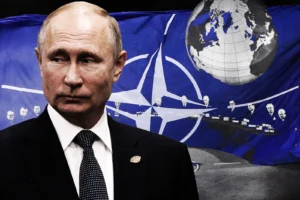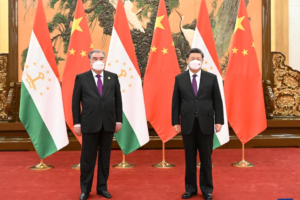HONG KONG — A plan unveiled by the U.S. and India last week to build what is seen as an alternative to China’s modern-day Silk Road could mean better deals for the nations along the route, according to participants at a conference in Hong Kong this week marking the 10th anniversary of Beijing’s Belt and Road Initiative, or BRI.
“I think the more the merrier, as many as possible,” said Henry Nduka Awuregu, director-general of Scholars Chamber of Commerce & Industry, which promotes good investments in Nigeria.
Announced on the sidelines of the G20 summit in India last week, the India-Middle East-Europe Economic Corridor, or IMEC, seeks to connect India with several Arabian Gulf countries in the Middle East and Europe through a trade corridor consisting of ports, a railway and better roads.
Unlike the BRI, which is aimed at securing China’s access to natural resources and building more direct trade and transport links among countries in Asia, Africa, Europe and the Middle East, IMEC is much smaller in scale and so far, does not include African, Central Asian, Southeast Asian or other South Asian countries besides India.
But delegates from countries included and even those not included told VOA it’s good for the BRI to have competition and that more connectivity will benefit global trade.
“Yeah, why not? Competition is good. The more the better. We are participating in most of them,” said Khaled Mohamed Aljassim, a board director of the Chamber of Commerce & Industry in Fujairah, United Arab Emirates.
Source : VOA News
















